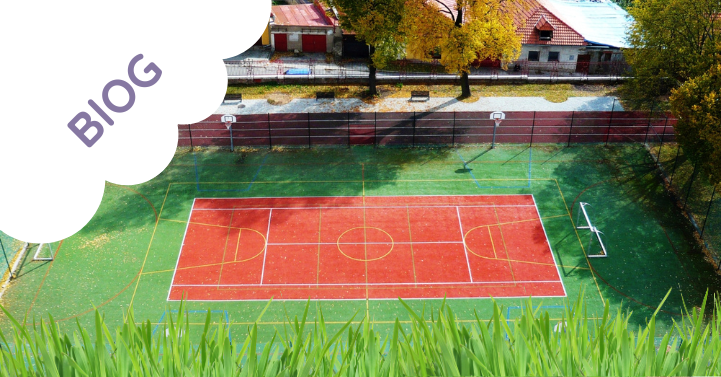🟰 Fairness Game: Teaching Children the Power of Playing Fair
Teaching children about fairness is one of the most valuable lessons we can offer in early education. But how do we make such a big idea accessible for little learners? One of the best ways is through a fairness game—a fun, interactive activity that helps children understand what fairness means in real life.
In this blog, we’ll explore what a fairness game is, why it matters, and how you can use fairness games to promote empathy, cooperation, and justice in your classroom or home.
🤔 What Is a Fairness Game?
A fairness game is a structured play-based activity designed to:
-
Help children recognise what is fair or unfair
-
Encourage taking turns and sharing
-
Teach how to resolve disagreements peacefully
-
Promote inclusion and empathy
Whether it’s a role-play scenario, board game, outdoor activity, or classroom discussion, a fairness game gives children the chance to experience fairness firsthand.
🧠 Why Is Teaching Fairness Important?
Fairness is a key part of Personal, Social and Emotional Development (PSED) in EYFS and PSHE education across primary schools. It supports:
-
Respect for others’ feelings and opinions
-
Understanding of rules and boundaries
-
A positive classroom or group culture
-
Conflict resolution and teamwork
Teaching fairness early helps children grow into kind, empathetic, and responsible individuals.
🎲 5 Fairness Game Ideas for Children
Here are five simple and powerful fairness games to try in your classroom or at home:
1. 🪙 The Unequal Snack Game
Age Group: EYFS/KS1
How it works: Give some children more snacks than others, without explanation. Then ask, “Was that fair?”
Why it works: Sparks discussion about equity and fairness, and allows children to articulate how they feel.
👉 Tip: Follow up by distributing the snacks fairly and discussing how everyone feels now.
2. 🔄 Turn-Taking Relay
Age Group: Nursery upwards
How it works: Children complete a simple relay in teams, but one team always goes first. Ask how that feels over time.
Why it works: Encourages thinking about equal opportunity and fairness in rules.
3. 🧩 The Fair vs. Unfair Sorting Game
Age Group: EYFS/KS1
How it works: Show pictures or scenarios (e.g. “Tom shares his toy” vs. “Lena pushes in front”) and ask children to sort them into “Fair” and “Unfair” piles.
Why it works: Builds decision-making and emotional vocabulary around justice.
4. 🎭 Fairness Role-Play Cards
Age Group: KS1/KS2
How it works: Use prompt cards like “You get picked last every time” or “Everyone gets a turn” and ask groups to act them out.
Why it works: Helps children explore feelings and responses to fairness/unfairness through drama.
5. ⚖️ Build Your Own Fairness Rules Game
Age Group: Mixed
How it works: In small groups, ask children to create a “Game of Fairness” with rules that ensure everyone has an equal chance.
Why it works: Empowers children to think critically about fairness and group decisions.
🧒 How to Reinforce Fairness in Everyday Life
Fairness isn’t just for one game or lesson—it’s a value that can be embedded into daily routines:
-
Use phrases like “That doesn’t seem fair—what could we do?”
-
Praise fair behaviours: “I noticed you let Sam have a turn. That was really fair.”
-
Model fairness yourself in how you treat all children
-
Create classroom rules with the children—make fairness a shared goal
🛠️ Supporting Resources
Here are some great external resources for teaching fairness through games and PSHE:
🧾 Fairness Game Learning Outcomes
When used regularly, fairness games can help children:
-
Develop empathy
-
Practise turn-taking and patience
-
Understand the impact of unfair treatment
-
Learn to speak up when something isn’t right
-
Collaborate respectfully in groups
These are all vital life skills—not just for school, but for every future relationship and social interaction.
📥 Free Download: Our Favourite Fairness Game
👉 Download our “Fair vs. Unfair Sorting Game” printable cards – perfect for circle time, PSHE lessons, or even home learning.
[Insert download link]
✨ Final Thoughts: Let’s Raise Fair-Minded Kids
A fairness game isn’t just about rules—it’s about building values. When children learn what fairness looks and feels like through play, they’re more likely to act fairly in real life.
So next time you’re planning a PSHE lesson or just want to encourage kindness in your setting, try a fairness game. Because when children feel seen, heard, and treated equally, everyone wins.


